Author: Lynda Benigno
The WHO defines self-care as " what people do for themselves to establish and maintain health and prevent and deal with illness". Self-care is finding a balance between daily life demands and your own needs to maintain overall well being. Self - care involves taking into account your psychological; physical, emotional, spiritual, and professional needs. Most days, you wake up with a full battery, as you complete tasks and fulfill obligations throughout the day, your battery slowly drains. By the end of the day, your battery is on empty. Practicing self- care is like plugging yourself into a charger. Engaging in self-care allows you to forge a healthy relationship with yourself as well as others. When you are in tune with your own needs and can meet those needs, you open up space within yourself to serve others without draining your battery.
Often an individual will reach a breaking point before engaging in self-care practices. What self - care looks like varies, each person has their individual needs and what works for one person may not work for another. Self-care can be challenging for individuals who suffer from depression or have experienced trauma; in this case, a therapist can help. Making self-care a part of your daily routine will reduce stress and anxiety levels, increase your self-esteem, and produce positive feelings.
Below you will find the five different categories of self - care and a few examples to help you get started. You can incorporate one or two activities into your daily routine and see what works for you.
Psychological Self-Care:
* Engage in self-reflection.
*Say "no" to activities that do not bring you joy.
*Acknowledge your feelings throughout the day.
*Find a therapist to help you work through painful emotions or trauma and improve coping and communication skills.
Physical Self-Care
*Eat healthy foods.
*Get regular exercise.
*Wear comfortable clothes.
*Get regular check-ups and take all medications as prescribed.
*Get plenty of sleep.
*Get a massage or have a spa day.
Emotional Self-Care
*Recognize and feel your emotions as they are without judgment.
*Compliment yourself once a day.
*Write in a journal.
*Set appropriate boundaries with others especially those who are not supportive or leave you feeling drained or depressed.
*Spend time with people you love.
*Forgive yourself for your mistakes.
*Forgive others for their mistakes ( you will feel much lighter ).
*Watch a funny movie or comedy special on Netflix/ Binge-watch your favorite show.
*Establish a no-contact hour each day. Each day for one hour your phone is turned off, you unplug from social media and the never-ending stream of emails. Use this time for reflection or doing something you love.
Spiritual Self-Care
No matter what religion or spiritual practice you observe, you able to get to know your soul/higher self.
*Meditation alone, with a partner or meditation circle.
*Attend church.
*Spend time with nature, this can be in your backyard with a cup of coffee or at a park.
Professional Self- Care
*Balance workload with breaks.
*Communicate with coworkers in a clear manner.
*Establish healthy boundaries by leaving work at work.
*If something about your workplace is bothering you, bring the subject up with a supervisor. Be specific about the problem and open to solutions.
The opinions expressed in this article are of the author and not intended to diagnose, treat, or cure any mental or physical condition. If you are struggling, please contact your healthcare provider, the National Suicide Hotline at 1-800-273-8255 or the Stepping Stone Community Services at 330-577-6656.

